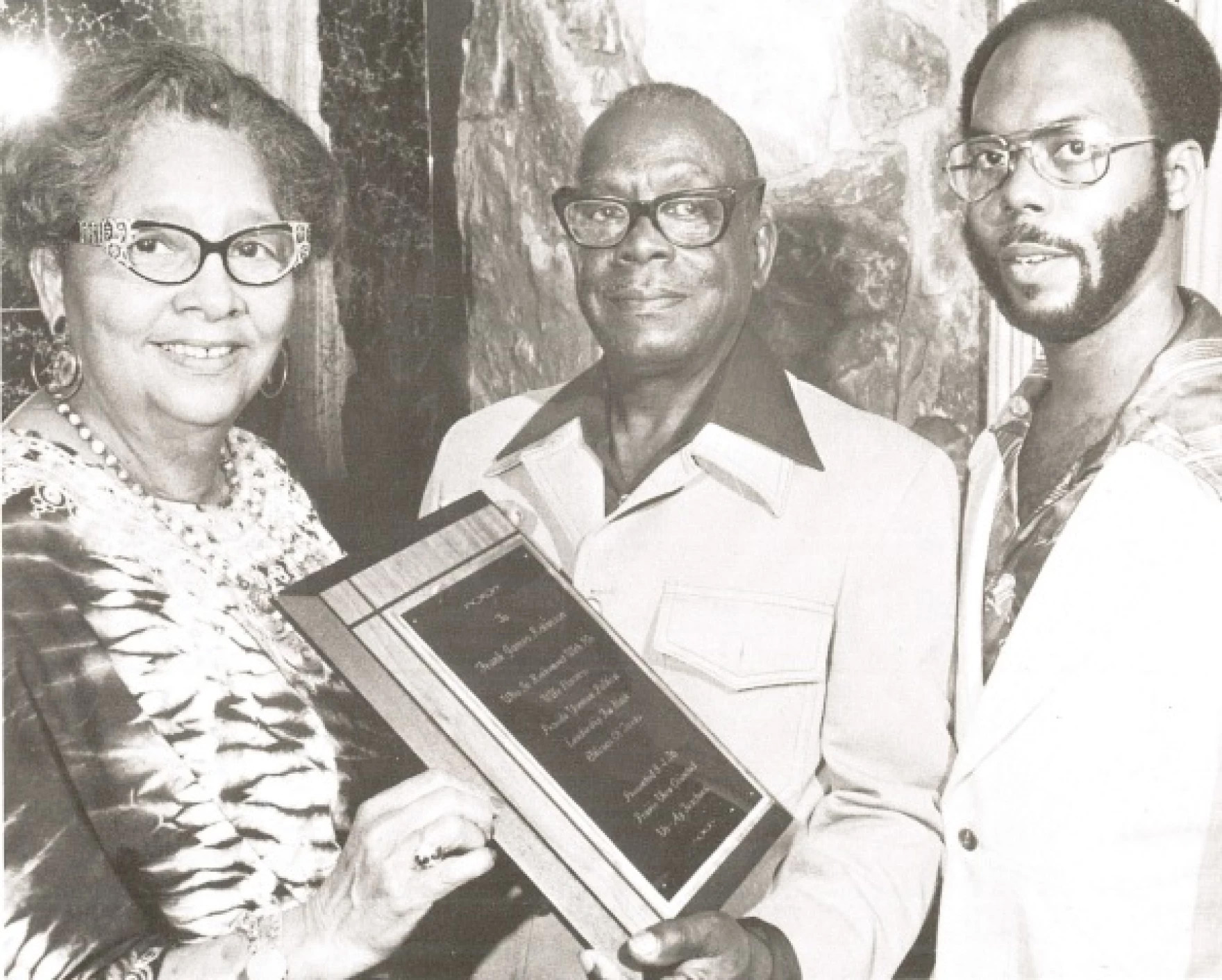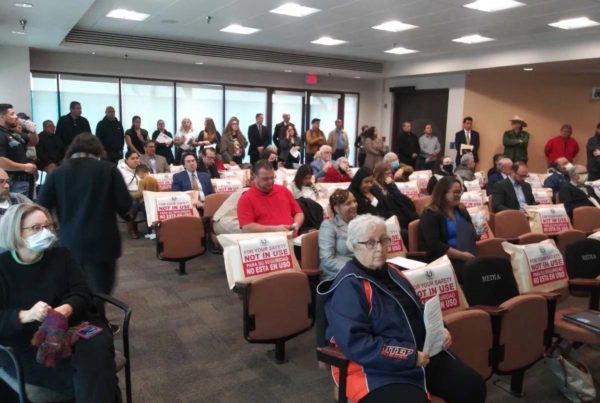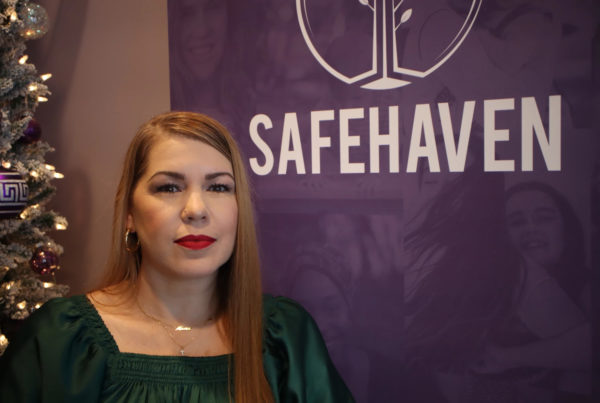This is part three in a series investigating the death of Frank J. Robinson. Read and listen to part one and part two.
From Texas Public Radio:
It’s a Sunday morning and I’m standing on a front porch in Palestine, Texas, with questions about the death of Frank J. Robinson. I may have finally found someone with answers.
“I’m Alexander Nemer II and the reason why I’m being interviewed today is because in 1976 a good gentleman here in Palestine was found dead in his garage one morning,” Nemer said.
Nemer is a former county attorney for Anderson County and a recent candidate for mayor of Palestine where he won 14 percent of the vote. Robinson was a civil rights activist, and his death was controversial.
“The sheriff had decided it was murder and the police chief had decided it was suicide,” Nemer said.
Many people thought the sheriff was right. But Nemer, who at the time was a municipal judge, was the odd choice to be given the job of presiding over the rare juried public inquest to settle it.
“All I know is the four justices of the peace, the county judge and the mayor got together and decided that I should hold the inquest,” he said.
I asked him “Why didn’t they pull someone from out of the county to come in and do it, a visiting judge?”
He answered “I have no idea. I would imagine they wanted someone local to handle it. And I was the easiest mark available.”
The public inquest was a high-profile courtroom spectacle with reporters from across the state. Nemer said he wanted to follow the law and let the jury decide if Robinson took his own life or if he was the victim of a white supremacist political assassination. But Nemer said he thought that’s unlikely because Robinson wasn’t that big of a deal.
“Mister Frank didn’t have near that kind of influence. The political establishment wasn’t in the least bit afraid of Mister Frank,” he said.
“We got people who will kill you for less than that,” said Rodney Howard, the last surviving plaintiff in the Robinson v Anderson County anti-Black gerrymandering case. Because of that case he was able to be elected as an Anderson County commissioner. Howard said there were people who wanted Robinson dead because he was changing East Texas.
“This was giving us political power that the powers that be didn’t want us to have so he was a threat in that way,” Howard remembered.
Howard is convinced that his old mentor was murdered. But Nemer sees it differently.
“I think he killed himself. I mean look at the photos. I mean part of a man’s head is missing. Something blew it off.”
Actually no one can see those crime scene photos along with the autopsy, court transcripts and police reports — because they are all missing. Numerous public records requests have inexplicably failed to produce the case files. Only the Texas Rangers report has been located.
Gary Bledsoe, president of the Texas NAACP, says these missing documents add to his distrust of the suicide verdict. He doesn’t spare his words describing what he thinks happened to Robinson.
“Well, it wasn’t like a lynching. It was a lynching. There’s no way that this man committed suicide. There’s no way,” he said.
Bledsoe said the recent reporting about the death of Frank J. Robinson has convinced him that the investigation needs to be re-opened.
“Obviously it goes without saying that there should be an investigation because there was clearly a murder. And if you look at the timeline of the actual murder and the activities that Mr. Robinson was involved in, it seems patently obvious that this was an execution in response to him exercising his civil rights,” Bledsoe said.
Bledsoe wants an outside agency not connected to law enforcement to take the lead in the re-opened Robinson investigation like the newly formed National Civil Rights Cold Case Review Board which is tasked with investigating and finding the culprits of murders connected to the civil rights struggle.
















